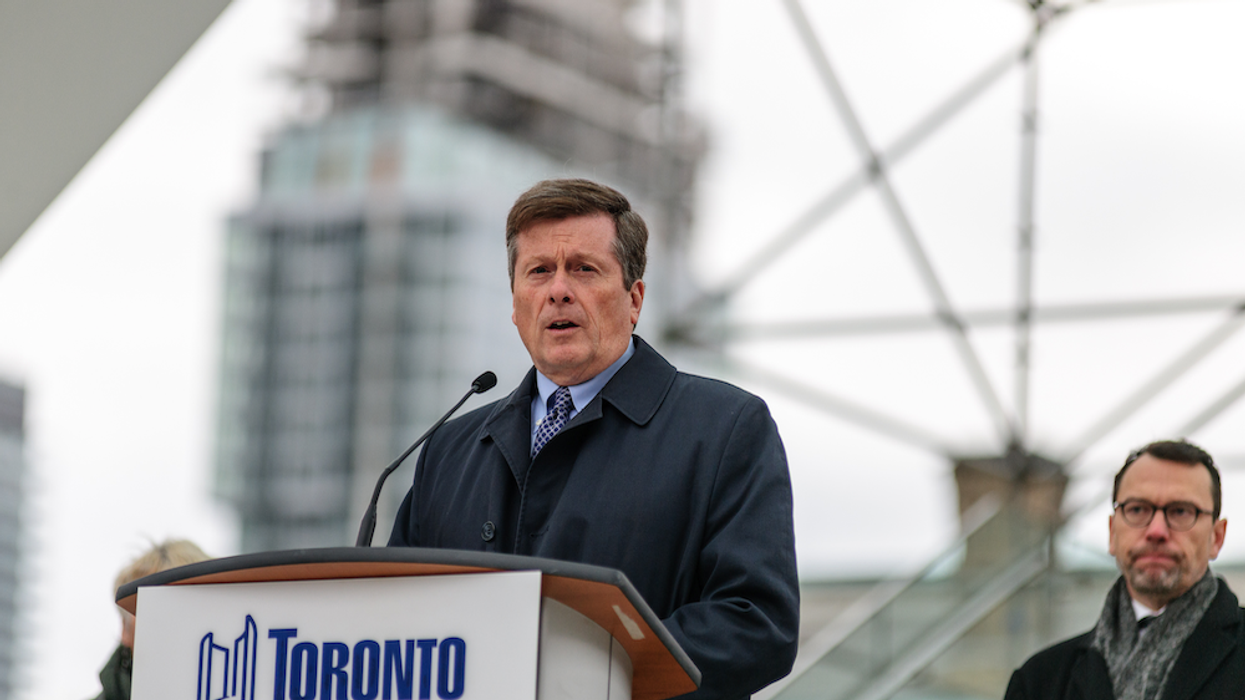On Wednesday, Toronto City Council voted in favour of Mayor John Tory’s 2023 Housing Action Plan -- a move to “get more housing, including affordable and supportive housing built and to get it built faster,” according to Tory. Council voted 23-3 in favour of the plan with amendments. The City Manager is expected to report back to the Executive Committee no later than March 2023 with specific details on putting the plan into action.
Yesterday’s decision means that certain bylaws and housing system policies will be updated while others will be introduced, with the overarching goals of addressing all aspects of the housing spectrum, modernizing the City’s approach to housing, and bringing more accountability and transparency to the delivery of housing opportunities.
Some of the more specific components of the plan include:
- Reviewing the City’s Official Plan and amending the City-wide Zoning Bylaw to be more permissive to a range of housing opportunities;
- Reviewing the City’s urban design guidelines, heritage standards, and urban forestry policies to ensure alignment with housing opportunities;
- Increasing zoning permissions on major streets;
- Removing exclusionary zoning;
- Revisiting housing plans and programs already in place to ensure housing density is optimized.
- Developing community housing intensification plans to grow opportunities for co-op and non-profit rental homes;
- Creating a post-secondary housing strategy;
- Developing strategies for local hiring to increase construction market capacity;
- Developing a publicly available database to house affordable rental unit data.
“We are not going to wait – as a City we are taking immediate action to create more affordable homes in Toronto,” said Councillor Brad Bradford, who seconded Tory’s plan, in a news release. “The 2023 Housing Action Plan will allow us to bring in more housing and more affordability faster, by thoughtfully removing red tape and speeding up approval times. We need to take bold actions to encourage the future prosperity of our city and make sure that everyone has access to housing.”
READ: Major Zoning Changes, More Density: John Tory’s New Housing Plan For Toronto
Tory’s plan has been met with hot debate since its reveal last week. In an interview with STOREYS from earlier this week, Ward 2 Councillor Stephen Holyday called the plan “radical."
Amongst Holyday’s long list of issues with the plan, he asserts that increasing the number of units on a property will lead to stressed local infrastructure, changes to neighbourhood character, and may spark conflicts over parking in suburbs such as his own, the Etobicoke Centre.
“Instead of downtown in growth centres and nodes, this plan seeks to throttling development in places that had seen less,” he said. “We have to be clear about a reasonable rate of growth within the city that matches our ability to grow the infrastructure and doesn’t stress the population. It involves a healthy rate of growth that ensures that neighbourhoods are appealing to people and continue to be.”
But Tory asserts that the plan, promising “bold, aggressive action to address the affordability and housing crises” facing Toronto, is what's needed in Toronto.
“This new Housing Action Plan sets aggressive targets to get more housing built with lightning speed. With Council’s support this week, we’ve taken a major step forward to ensuring that every Toronto resident has a place to call home. We are working together to tackle this housing crisis and ensure that our city is a welcoming place for everyone.”
In the same meeting that saw the 2023 Housing Action Plan approved, a bylaw legalizing multi-tenant housing in all parts of the city was also tabled. The bylaw has been deferred multiple times -- Mayor John Tory stated in July that the matter was too “divisive” and “politically complicated” -- however, the motion carried by a vote of 18-8 in yesterday’s meeting.
Had the vote not been in favour of carrying the legislation, Tory would have had the option to use his newly-minted "strong mayor" powers. Whether the Ford government's controversial “strong mayor” legislation was a necessary measure to get housing priorities off the ground remains to be seen.





















